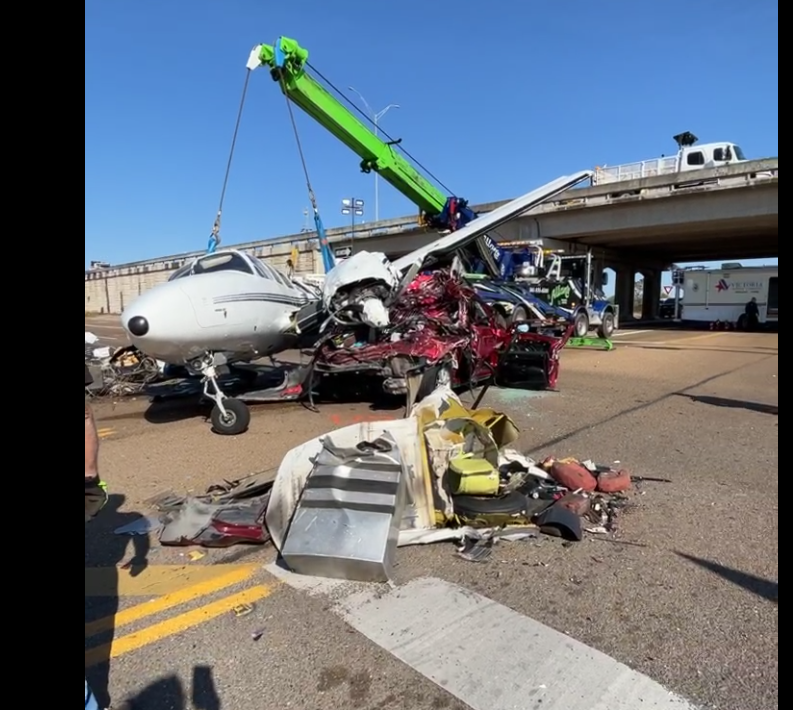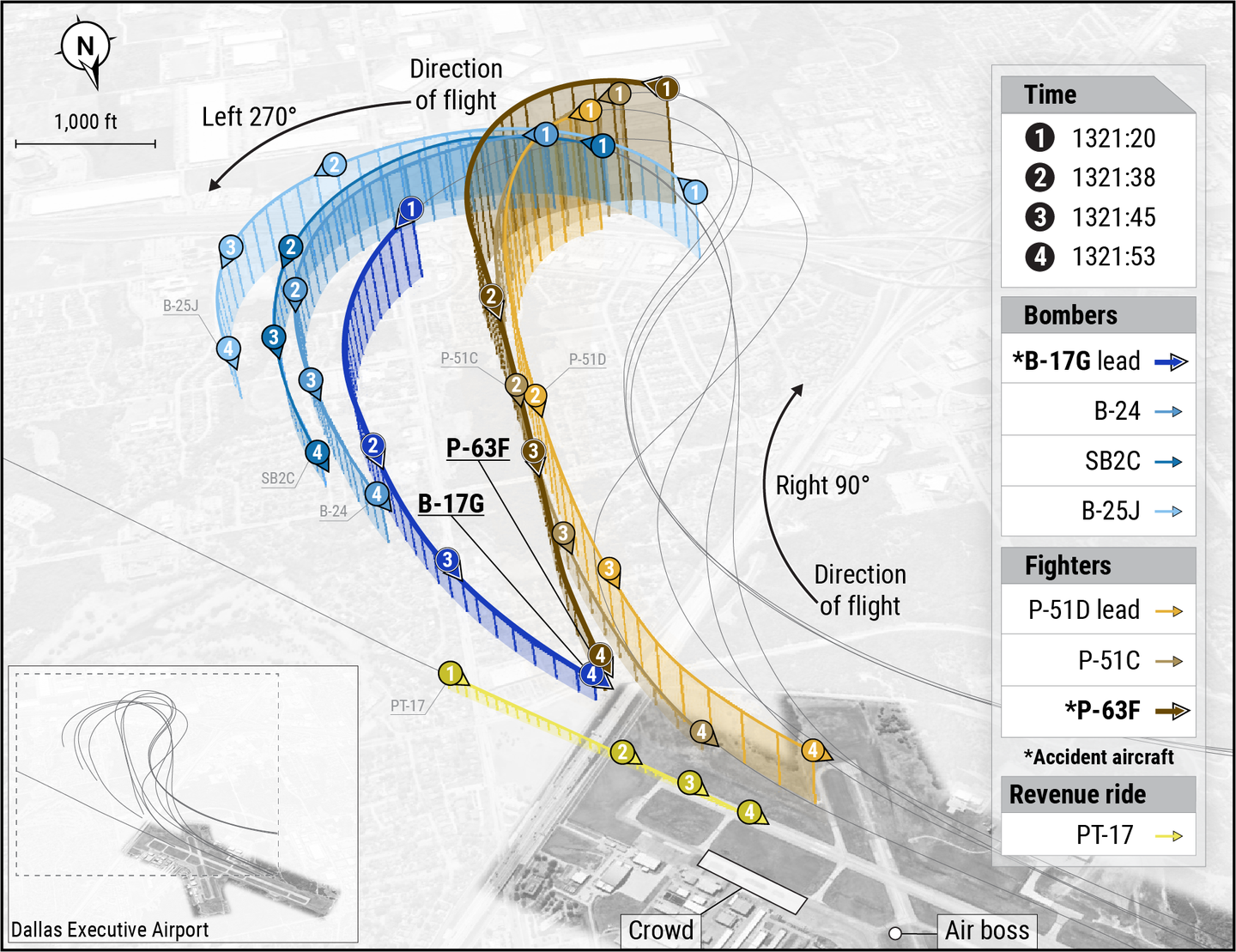Reform the FAA? How Would You Do It?
In our poll last week, readers said they wanted to do exactly that. But it’s not quite so easy as you might imagine.
If you woke up tomorrow and were suddenly King, to be challenged by no man or woman and could do as you please with, say, the FAA, what would you do? Sixty three percent of you would reform it from top to bottom if the results of last weeks pollquestion were accurate.
Surmising that this equates to a politicians negatives, can we extrapolate that the FAA has a 63 percent disapproval rating? Perhaps thats a reach, but even Ill admit that I was surprised at how many people would overhaul the FAA if given the chance. The sentiment is worth examining because, frankly, its impractical. What you really want to overhaul is Congress. We get a chance to do that every two years and fail at it. Miserably.
You can prove me wrong in the comment section below, but I think if asked to advance to the front of the class and stand before the whiteboard listing ways to reform the FAA, most of us couldnt do much specific with the question. And those of us who could might be pulled up short by the smart kids in the first row who would say things like, well, actually, Congress requires the FAA to do that. One ambitious reader wrote us to say rather than reform it, we should just do away with the FAA entirely. He didnt offer a timeline, but I got the feeling he had in mind a couple of weeks.
But seriously, to understand the challenge of reforming or eliminating the FAA, its helpful to understand where it came from. Its basically the manifestation of society seeing a governmental role in promoting, building and regulating an aviation transportation system that everyone knew would become a big deal. As a country, we were right to do that. Now as all government agencies tend to do, the FAA has metastasized to the point that its original mission may be obscured and we all know some of the FAAs regulations give the word excess a bad name. But on balance, snipping away the polyps of really bad law would be a challenge indeed.
One reason for this is that reform suggests a fundamental reset of the way the agency works when whats really needed is a reshaping of some of its administrative initiatives. For example-the first bullet on my whiteboard--everyone hates the Third Class medical, except for maybe the AME community. No one cites meaningful data proving that it materially improves safety, yet through administrative inertia going back a half a century, were stuck with it. But getting rid of it wont require FAA reform, just a champion somewhere in the agency or in Congress. By now, I dont even think it requires much political or bureaucratic exposure to achieve it. Its just that the stars havent aligned yet. They will eventually.
You want radical? Ill give you radical. Id like to see the FAA all but entirely out of the certification business for aircraft under a certain weight. Six thousand pounds is the magic number tossed around. Essentially, thats where we are with LSA manufacturing. The industry self polices with just cursory FAA oversight. The ongoing revision of Part 23 heads generally in this direction, but Im not sure it goes far enough and I have been skeptical that it will play out with meaningful effect.
Still, Congress is in on the game and last month, the Senate passed the Small Airplane Revitalization Act of 2013 that gives the FAA the enabling legislation to write specific regulations. This is, at least, is a step in the right direction and may even constitute reform of sorts. Even if we in the U.S. wanted yet more streamlined cert rules, its not clear to me that its possible unless the rest of international agencies who participated in this revision go along. If you think the FAA is composed of competitive Duchies, you ought to get a taste of the European Union.
Its almost accepted fact that the FAA-and government in general-is rife with waste and duplication. While I think this is probably true, I dont think its nearly as widespread as most of us assume. A popular suggestion is to simply reduce the FAAs budget by some arbitrary amount-maybe 5 percent-and let it deal with it. Its the whither-it-on-the-vine strategy. With less money, the FAA wont be able to interfere as much. Nice idea, but it only works if the agencys responsibilities are commensurately reduced. Otherwise, all you achieve is reducing government resources to do the same amount of work, making things worse. (See Congress, above.)
What about privatization of these services? Always a possibility. Canada has done that and so has New Zealand. We dont hear complaints about socialized air traffic control. Well, maybe we do. Feel fee to comment on the topic below, pro or con.
In the end, I think if most of us had a clearer view of what we let the Congress ask the FAA to do and how that sausage gets squeezed through the grate, we would have a more realistic view of what reform actually means. Even small government acolytes might find themselves surprised if approach procedures and facilities start disappearing, AIP projects dry up and pilot certification becomes even slower than it already is if budgets are simply slashed without Congress also removing things from the FAA plate. I just dont see how its possible to have one without the other so if youre reform minded, be careful what you wish for.
Join the conversation. Read others' comments and add your own.






